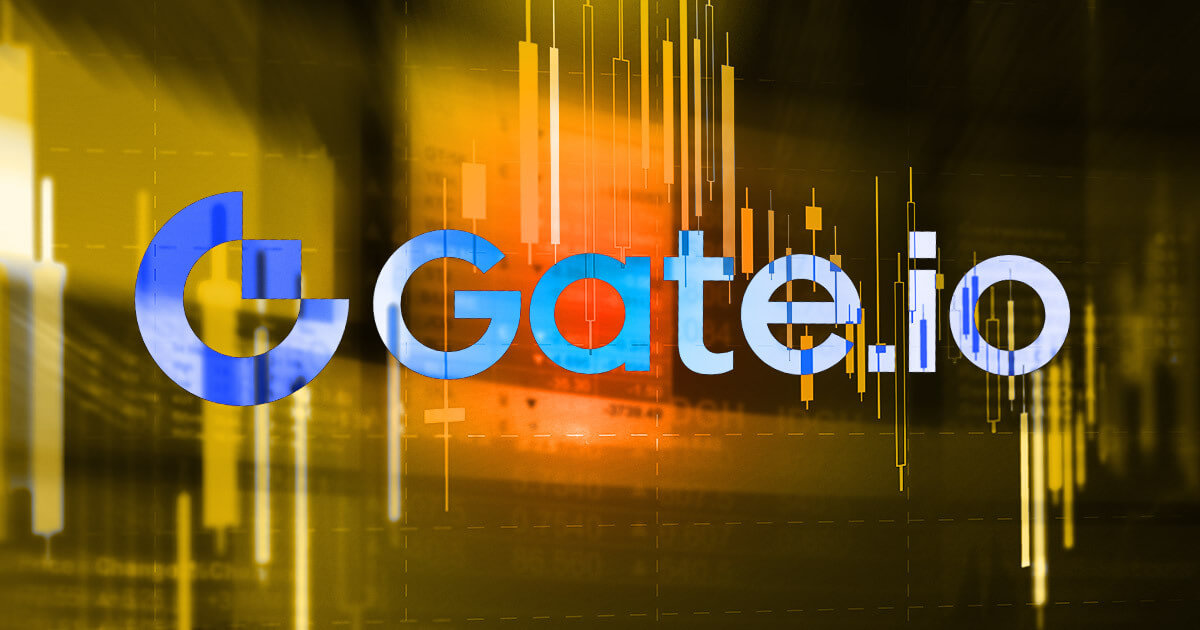NFT Steez and Lukso Co-Founder Examine the Implications of Digital Self-Sovereignty in Web3
Digital self-sovereignty in Web3 will give everyone the ability to participate in Web3 without having to sacrifice their privacy or security

In a recent episode of NFT Steez, co-hosts?Ray Salmond and Alyssa Exposito interviewed?Marjorie Hernandez, the co-founder of Lukso and The Dematerialized, to discuss the state of blockchain-based identities and ?Universal Profiles". Hernandez believes that Digital Self-Sovereignty in Web3 is a fundamental human right, and that blockchain technology has the potential to revolutionize the way we manage our digital identities.
What is Digital Self-Sovereignty in Web3?
Digital self-sovereignty is the ability of individuals to have full control over their own digital identities and data. This means being able to choose who has access to your data, how it is used, and when it is shared.
Why is digital self-sovereignty important?
Our digital identities are becoming increasingly important in our lives. We use them to access online services, manage our finances, and connect with others. However, the current system for managing digital identities is centralized and controlled by a few large companies. This means that these companies have a lot of power over our data and our lives.
Digital self-sovereignty gives us the power to take back control of our digital identities. It allows us to choose who has access to our data and how it is used. It also gives us the freedom to move our data between different platforms and services.
How can blockchain technology enable digital self-sovereignty?
Blockchain technology is a decentralized and secure way to store and manage data. This makes it ideal for enabling digital self-sovereignty.
On a blockchain, each individual can have their own unique digital identity. This identity can be used to access different services and platforms without having to share any personal data with the service provider.
Blockchain technology also allows individuals to control who has access to their data and how it is used. For example, an individual could create a blockchain-based smart contract that specifies how their data can be used by different services.
What are Universal Profiles?
Universal Profiles are a new type of digital identity that is based on blockchain technology. Universal Profiles are designed to give individuals full control over their own digital identities and data.
Universal Profiles are stored on a blockchain, which means that they are decentralized and secure. Universal Profiles can also be used to access different services and platforms without having to share any personal data with the service provider.
Implications of digital self-sovereignty in Web3
Digital self-sovereignty has a number of implications for Web3.
First, it will give individuals more control over their digital experiences. In Web3, users will be able to choose which services they want to use and how their data is used. This will give users more power and control over their online lives.
Second, digital self-sovereignty will enable new types of applications and services to be developed. For example, it will be possible to create decentralized social networks and marketplaces where users can interact with each other without having to share any personal data with the platform.
Third, digital self-sovereignty will help to create a more equitable and inclusive Web3. In today?s Web2 world, many people are excluded from participating in the online economy because they do not have access to financial services or because they are afraid of having their data stolen. Digital self-sovereignty will give everyone the ability to participate in Web3 without having to sacrifice their privacy or security.
Digital self-sovereignty is a fundamental human right, and blockchain technology has the potential to revolutionize the way we manage our digital identities. NFT Steez and Lukso co-founder Marjorie Hernandez interview is at the forefront of this movement, and her work is helping to create a more equitable and inclusive Web3 for everyone.
What's Your Reaction?















